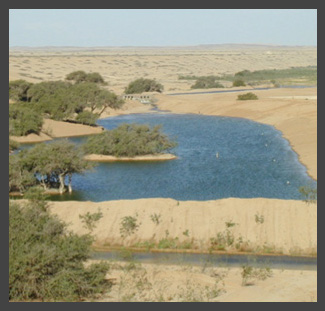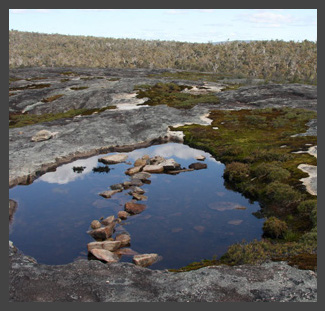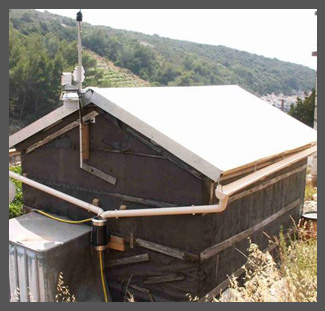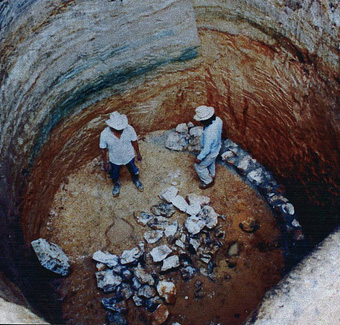Difference between revisions of "Drought resilience - Technical solutions"
From Akvopedia
(→Surface water: other catchment & storage) |
|||
| Line 6: | Line 6: | ||
[[Image:infiltration ponds small.jpg|thumb|right|150px|[[Infiltration ponds]]]] | [[Image:infiltration ponds small.jpg|thumb|right|150px|[[Infiltration ponds]]]] | ||
[[Image: bare rock catchment small.jpg|thumb|right|150px|[[Natural rock catchment and Open water reservoir]]]] | [[Image: bare rock catchment small.jpg|thumb|right|150px|[[Natural rock catchment and Open water reservoir]]]] | ||
| − | [[Image:rainwater harvesting small.jpg|thumb|right|150px|[[ | + | [[Image:rainwater harvesting small.jpg|thumb|right|150px|[[Rooftop rainwater harvesting]]]] |
[[Image:HandDugWell.jpg|thumb|right|150px|[[Traditional hand-dug wells]]]] | [[Image:HandDugWell.jpg|thumb|right|150px|[[Traditional hand-dug wells]]]] | ||
Revision as of 00:32, 3 November 2012
Managing and adapting to drought can be done by using small-scale technical solutions to access, store, treat, distribute, and productively use water. These technologies help increase the availability of water, are suitable in drought prone areas, and show the best methods on how to make water systems more resilient to drought.
The list below are technical measures to increase the resilience of WASH systems.
Surface water: Managed Aquifer Recharge (MAR)
- Infiltration ponds
- Contour trenches
- Bunds
- Gully plugs / check-dams
- Leaky dams
- Controlled flooding / irrigation
- Drip irrigation
- Well shafts & boreholes
Surface water: ground catchment & storage
- Natural rock catchment and Open water reservoir
- Natural or artificial ground catchment and Lined sub-surface tanks
- Natural ground catchment and Open water reservoir
- Catchment and storage dams
Surface water: other catchment & storage
Shallow groundwater
- Traditional hand-dug wells
- Riverbed hand-dug wells
- Riverbed infiltration galleries
- Infiltration wells
- Spring water sources
- Groundwater - Sand_dam
- Controlled flooding / Spreading basins
- Subsurface harvesting systems
General tips
- Concrete production and drought
- Desalination / Evaporation
- In pictures: Niger's hunger-fighting trees. A photographic explanation of how the moringa tree is drought-resistant and providing a consistent food supply.




